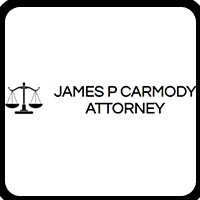Troutdale Collection Lawyer, Virginia
Not enough matches for Troutdale Collection lawyer.
Below are all Troutdale Bankruptcy & Debt lawyers.
James P Carmody
✓ VERIFIEDBankruptcy, Family Law, Credit & Debt
Since 1976, Mr. Carmody has provided outstanding legal services for bankruptcy, divorce, custody issues, and adoption proceedings to clients in the gr... (more)
Michael Mclaughlin
Tax, Dispute Resolution, Juvenile Law, Bankruptcy
Status: In Good Standing Licensed: 11 Years
Vincent John Carroll
Government, Workers' Compensation, Employment, Bankruptcy
Status: In Good Standing
Thomas M Jackson Jr.
Criminal, Traffic, Family Law, Credit & Debt, Motor Vehicle
Status: In Good Standing


